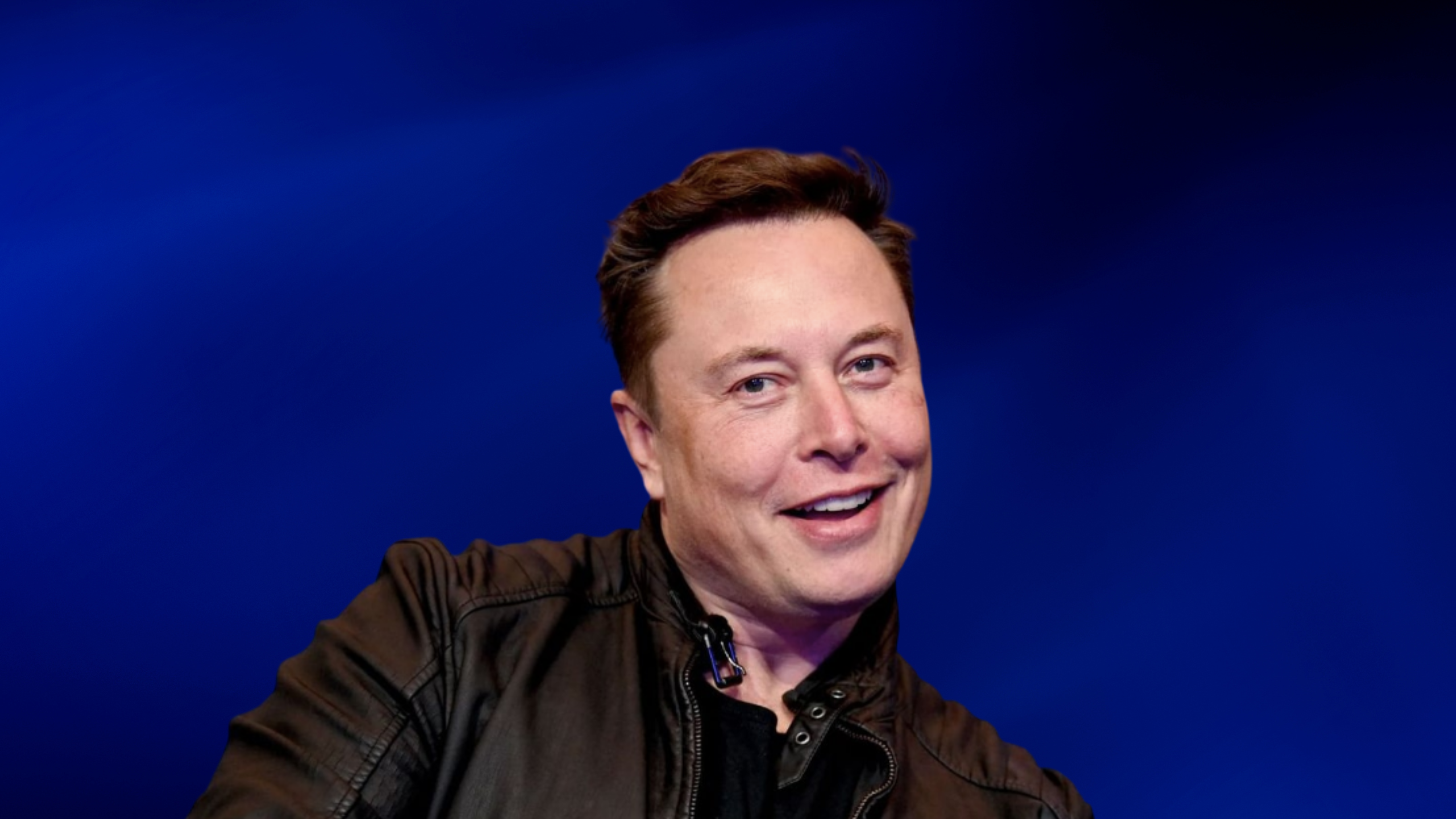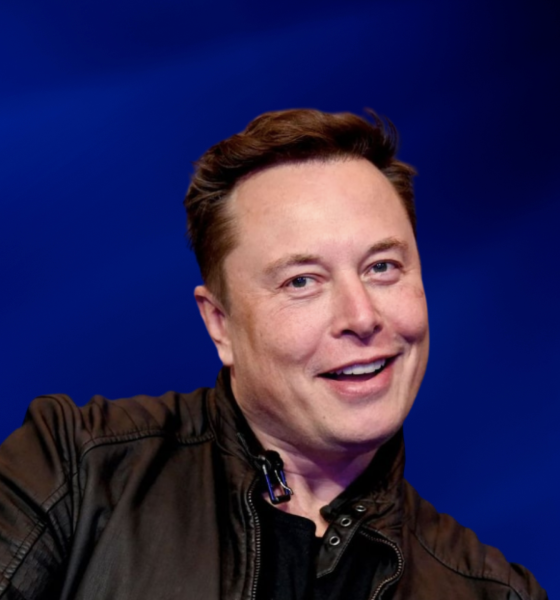The mainstream media’s trashing of Elon Musk is not journalism at all. In fact, I think it’s highly disturbing that news websites are so obsessed with Elon Musk. They’ve gone from using his name to make money off of clicks to making up stuff about him or twisting his words for clicks.
Remember that Wall Street Journal article from this weekend? The one that accused Elon Musk of having an affair with Sergey Brin’s wife and claimed that Elon and Sergey were no longer friends. This is one example.
The WSJ’s decision to stand by its already refuted article shows that journalistic ethics have been sold for clicks. It’s a sad day for journalism.
Moreover, I talked to Sergey yesterday and he says neither he nor anyone he knows has talked to WSJ
— Elon Musk (@elonmusk) July 27, 2022
Not only did Elon Musk publicly deny the story, but so did Nichole Shanahan’s lawyer. In a statement to The Daily Mail, the attorney said that not only was the WSJ’s report false, but it was also defamatory.
“Make no mistake, any suggestion that Nicole had an affair with Elon Musk is not only an outright lie but also defamatory.”
Additionally, Elon Musk shared a photo of himself and the Google co-founder with the New York Post and said, that he’d spoken with both parties who were adamant that they were not the source behind the WSJ’s claims.
Why is the mainstream media’s trashing of Elon Musk intensifying?
Why does the mainstream media hate Elon Musk so much? This is a question I asked on Twitter. It was rhetorical because many in the Tesla community, including myself, suspect a few reasons.
Tesla’s refusal to buy advertising, Elon’s continuous standing up for himself against trolls, and of course, the clicks.
One thing I’ve noticed is that this hatred of Elon is intensifying. And the WSJ’s refusal to retract its allegations reflects its dismissal of journalistic ethics. According to a spokesperson from the outlet, “We are confident in our sourcing, and we stand by our reporting.”
That WSJ article doesn’t line up with the SPJ Code of Ethics.
The Society of Professional Journalists has its own Code of Ethics and in my opinion, that hit piece on Elon Musk definitely does not line up with that code.
These sources were not identified clearly and yet the WSJ is banking its reputation on these sources despite not even interviewing any of the parties involved. Another note from the SPJ Code of Ethics is to consider the motives of the sources before promising anonymity.
In fact, journalists should reserve anonymity for sources who may face danger, retribution, or other harm. And they need to have information that can’t be obtained elsewhere.
If the story were true, where’s the evidence?
If the story of Elon Musk kneeling in front of Sergey Brin at a party were true, why are there no videos or photos? Surely it would be easy to pull out your phone, snap a pic and post it to Twitter. Everyone wants photos of Elon Musk.
If we can see Elon vacationing with his friends in Greece, then surely the WSJ would want to see evidence of Elon doing what they said he did. How come we don’t have any evidence?
Ethics traded for the trashing of Elon Musk
The SPJ Code of Ethics also says that journalists should balance the public’s need for information against potential harm or discomfort. “Pursuit of the news is not a license for arrogance or undue intrusiveness.”
The code also calls for journalists to show compassion for those who may be affected by the news coverage. Where is the compassion for Elon Musk, Sergey Brin, and Nichole Shanahan?
You can access the full code of ethics here.
If you have a tip, feel free to send them to johnna@teslarati.com

News
Tesla ships out update that brings massive change to two big features
“This change only updates the name of certain features and text in your vehicle,” the company wrote in Release Notes for the update, “and does not change the way your features behave.”

Tesla has shipped out an update for its vehicles that was caused specifically by a California lawsuit that threatened the company’s ability to sell cars because of how it named its driver assistance suite.
Tesla shipped out Software Update 2026.2.9 starting last week; we received it already, and it only brings a few minor changes, mostly related to how things are referenced.
“This change only updates the name of certain features and text in your vehicle,” the company wrote in Release Notes for the update, “and does not change the way your features behave.”
The following changes came to Tesla vehicles in the update:
- Navigate on Autopilot has now been renamed to Navigate on Autosteer
- FSD Computer has been renamed to AI Computer
Tesla faced a 30-day sales suspension in California after the state’s Department of Motor Vehicles stated the company had to come into compliance regarding the marketing of its automated driving features.
The agency confirmed on February 18 that it had taken a “corrective action” to resolve the issue. That corrective action was renaming certain parts of its ADAS.
Tesla discontinued its standalone Autopilot offering in January and ramped up the marketing of Full Self-Driving Supervised. Tesla had said on X that the issue with naming “was a ‘consumer protection’ order about the use of the term ‘Autopilot’ in a case where not one single customer came forward to say there’s a problem.”
This was a “consumer protection” order about the use of the term “Autopilot” in a case where not one single customer came forward to say there’s a problem.
Sales in California will continue uninterrupted.
— Tesla North America (@tesla_na) December 17, 2025
It is now compliant with the wishes of the California DMV, and we’re all dealing with it now.
This was the first primary dispute over the terminology of Full Self-Driving, but it has undergone some scrutiny at the federal level, as some government officials have claimed the suite has “deceptive” names. Previous Transportation Secretary Pete Buttigieg was one of those federal-level employees who had an issue with the names “Autopilot” and “Full Self-Driving.”
Tesla sued the California DMV over the ruling last week.
News
Tesla workers push back against Giga Berlin unionization
“IG Metall did not succeed in Giga Berlin‘s works council election earlier today. The union share was reduced from nearly 40% in 2024 to 31% in 2026! This is a clear message by the Giga Berlin team towards an independent co-determination! The list called Giga United, led by the current chairwoman, Michaela Schmitz, received the most votes with more than 40%! Good news for Giga Berlin!”

Tesla workers pushed back against unionization efforts at Gigafactory Berlin, and over the past few years, there has been a dramatic decrease in interest to unionize at the German plant.
Gigafactory Berlin Plant Manager André Thierig announced on Wednesday that IG Metall, the European union group, saw its share reduce from 40 to 31 percent in 2026 as employees eligible to vote on the issue. Instead, the Giga Berlin team, known as Giga United, received the most votes with more than 40 percent.
BREAKING! 🚨
IG Metall did not succeed in Giga Berlin‘s works council election earlier today. The union share was reduced from nearly 40% in 2024 to 31% in 2026!
This is a clear message by theGiga Berlin team towards an independent co-determination!
The list called Giga…
— André Thierig (@AndrThie) March 4, 2026
Thierig gave specific details in a post on X:
“IG Metall did not succeed in Giga Berlin‘s works council election earlier today. The union share was reduced from nearly 40% in 2024 to 31% in 2026! This is a clear message by the Giga Berlin team towards an independent co-determination! The list called Giga United, led by the current chairwoman, Michaela Schmitz, received the most votes with more than 40%! Good news for Giga Berlin!”
There were over 10,700 total employees who were eligible to vote, with 87 percent of them turning out to cast what they wanted. There were three key outcomes: Giga United, IG Metall, and other notable groups, with the most popular being the Polish Initiative.
The 37-seat council remains dominated by non-unionized representatives, preserving Giga Berlin as Germany’s only major auto plant without a collective bargaining agreement.
Thierig and Tesla framed the outcome as employee support for an “independent, flexible, and unbureaucratic” future, enabling acceleration on projects like potential expansions or new models. IG Metall expressed disappointment, accusing management of intimidation tactics and an “unfair” campaign.
The first election of this nature happened back in 2022. In 2024, IG Metall emerged as the largest single faction with 39.4 percent, but non-union lists coalesced for a majority.
But this year was different. There was some extra tension at Giga Berlin this year, as just two weeks ago, an IG Metall rep was accused by Tesla of secretly recording a council meeting. The group countersued for defamation.
Tesla Giga Berlin plant manager faces defamation probe after IG Metall union complaint
This result from the 2026 vote reinforced Tesla’s model of direct employee-management alignment over traditional German union structures, amid ongoing debates about working conditions. IG Metall views it as a setback but continues advocacy. Tesla sees it as validation of its approach in a competitive EV market.
This outcome may influence future labor dynamics at Giga Berlin, including any revival of expansion plans or product lines, which Musk has talked about recently.
News
SpaceX President Gwynne Shotwell details xAI power pledge at White House event
The commitment was announced during an event with United States President Donald Trump.

SpaceX President Gwynne Shotwell stated that xAI will develop 1.2 gigawatts of power at its Memphis-area AI supercomputer site as part of the White House’s new “Ratepayer Protection Pledge.”
The commitment was announced during an event with United States President Donald Trump.
During the White House event, Shotwell stated that xAI’s AI data center near Memphis would include a major energy installation designed to support the facility’s power needs.
“As you know, xAI builds huge supercomputers and data centers and we build them fast. Currently, we’re building one on the Tennessee-Mississippi state line. As part of today’s commitment, we will take extensive additional steps to continue to reduce the costs of electricity for our neighbors…
“xAI will therefore commit to develop 1.2 GW of power as our supercomputer’s primary power source. That will be for every additional data center as well. We will expand what is already the largest global Megapack power installation in the world,” Shotwell said.
She added that the system would provide significant backup power capacity.
“The installation will provide enough backup power to power the city of Memphis, and more than sufficient energy to power the town of Southaven, Mississippi where the data center resides. We will build new substations and invest in electrical infrastructure to provide stability to the area’s grid.”
Shotwell also noted that xAI will be supporting the area’s water supply as well.
“We haven’t talked about it yet, but this is actually quite important. We will build state-of-the-art water recycling plants that will protect approximately 4.7 billion gallons of water from the Memphis aquifer each year. And we will employ thousands of American workers from around the city of Memphis on both sides of the TN-MS border,” she noted.
The Ratepayer Protection Pledge was introduced as part of the federal government’s effort to address concerns about rising electricity costs tied to large AI data centers, as noted in an Insider report. Under the agreement, companies developing major AI infrastructure projects committed to covering their own power generation needs and avoiding additional costs for local ratepayers.










